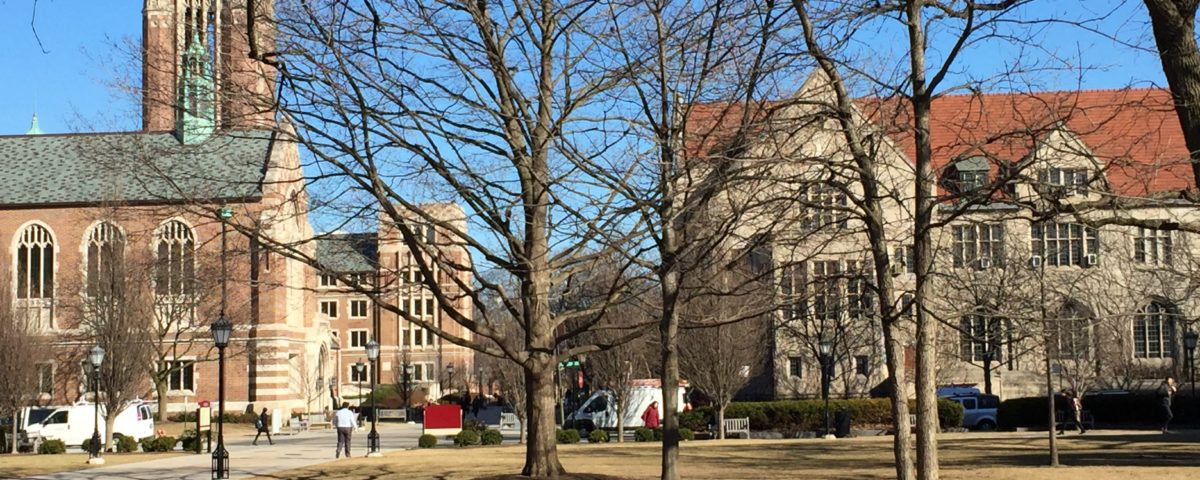I Would Not Come Here If I Were a Republican

“I would not come here if I were a Republican” is a quote I discovered in a guidebook about American colleges, supposedly stated by a student at a college in New England.
That isn’t such an atypical statement, as I have heard statements to that effect at other college campuses, granted ones that even within the more liberal college world tend to land a bit more or even a lot more to the left. One college official told me that on his campus, it’s not a good idea to be Pro-Israel, a sentiment often heard among Jewish students across the country. I also heard a heated discussion on this topic this past week on MSNBC’s Morning Joe, as Joe Scarborough talked about what he thought was a reason why Stephen Miller, a top Trump advisor, had become so hardened in his conservative views. Miller attended Duke University, not exactly a far left of center school.
And it’s not just liberal or more mainstream campuses where opposing views are not tolerated. The polarization on American college campuses reflects the polarization in American politics, with each side digging in its heels and refusing to listen to the other, let alone trying to negotiate a compromise.
And then there’s the University of Chicago whose Dean of Students took a stand in support of free speech, even the onerous kind, in a letter to its incoming freshman class this past summer:
“…we do not support so-called trigger warnings, we do not cancel invited speakers because their topics might prove controversial, and we do not condone the creation of intellectual safe spaces where individuals can retreat from ideas and perspectives at odds with their own…”
The Wall Street Journal got involved this past week by publishing a Q & A with the president of the university, Robert Zimmer, in which its reporter asked for the rationale behind the university’s decision. Excerpts are below, but if you would like to read the full article, you can find it at http://tinyurl.com/z8pq58t.
“WSJ: You have likened the current climate of intolerance for unpopular points of view on college campuses to the McCarthy era and efforts to ban the teaching of evolution. That’s pretty grim. Is it really that bad?
MR. ZIMMER: The main thing one always needs to keep in mind to contextualize all of these issues is the overarching purpose of universities. The purpose is to be a place that gives the most empowering education to students and creates an environment for the most imaginative and challenging work of faculty. Confrontation of multiple ideas and ideas that are different from one’s own is critical to this.
I think it’s very important not to allow universities to slip into an environment in which they are allowing a kind of suppression of speech, or are allowing discomfort with different ideas to create a chilled environment for discourse.
WSJ: You taught at the University of Chicago in the 1970s. Have the expectations of the students changed much since then?
MR. ZIMMER: From a nationwide point of view there has been a shift.
There is less of an expectation in many places that one is legitimately going to confront ideas that are fundamentally different than your own.
What you’re seeing is a kind of drift of discourse; you see actions by a lot of people which seem to indicate that they feel that they can, in fact, legitimately stifle the expression of others whose views they fundamentally disagree with.”
This is a difficult discussion, because as we all know, free speech can prompt some pretty offensive speech, whether it’s on the right or on the left. It’s one thing to yell, “Fire!” in a crowded theater when there isn’t a fire, but it’s another to have the KKK march through Skokie, Illinois, which certainly has happened. Where would you draw the line? Think about it, but when you do, please think about the consequences of stifling speech and whether it’s better to push it under the rug or to allow it to stay wide open where more reasoned minds can counter it.

